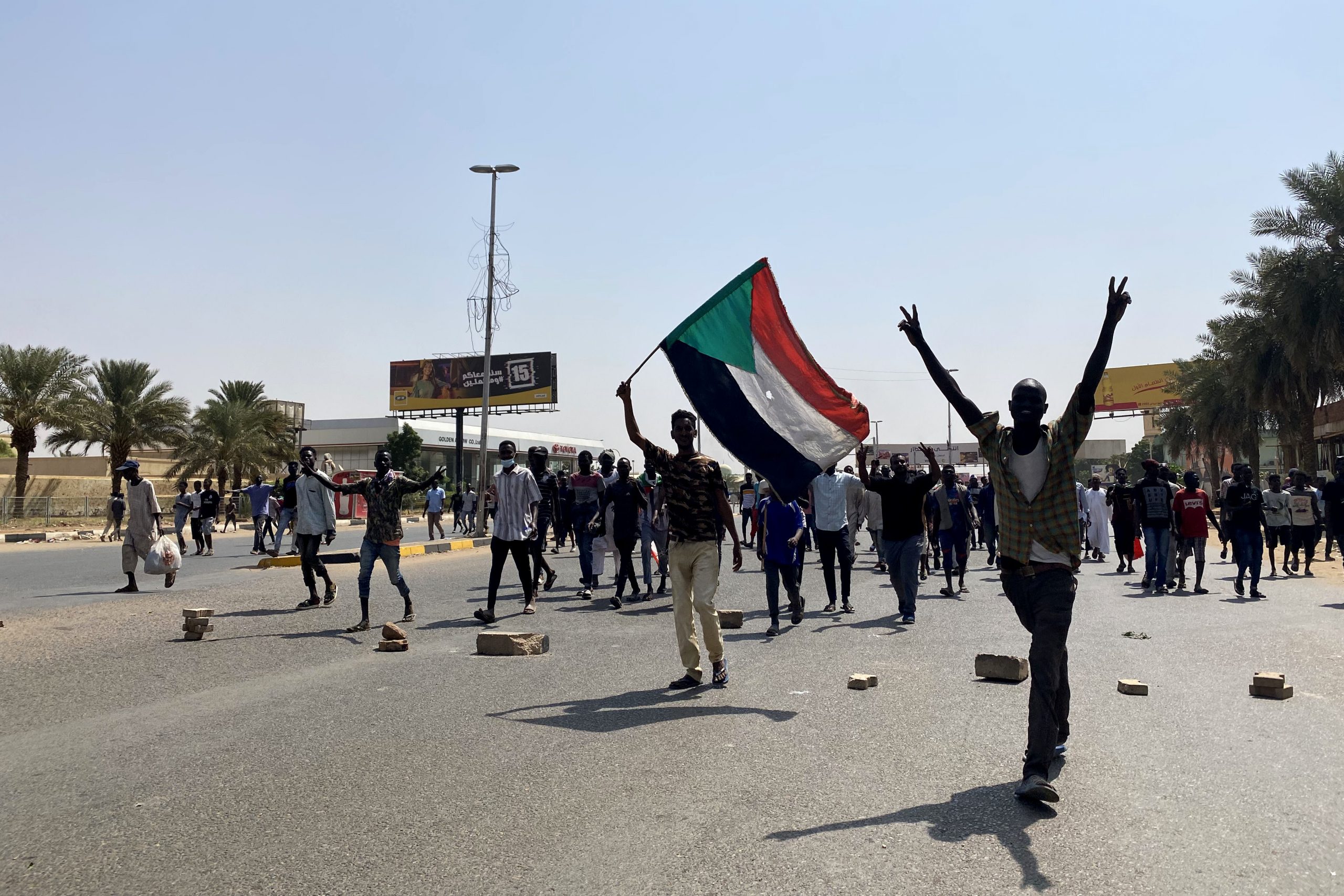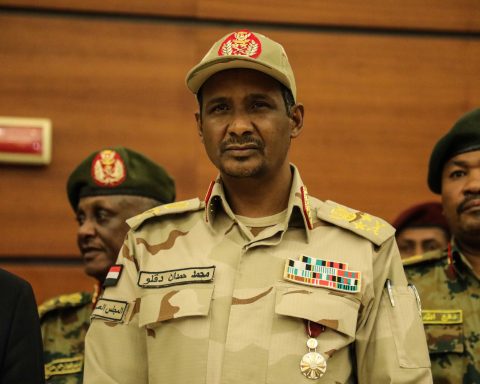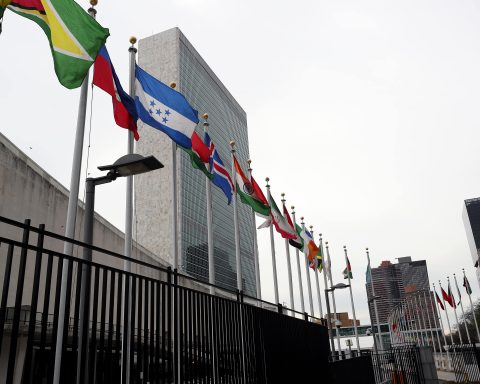The recent coup attempt in Sudan by the country’s military has been met with a large array of reactions and responses from international and regional actors, as well as human rights groups. The coup, which began with the arrest of members of the civilian government, including Prime Minister Abdalla Hamdok, early on Monday, has progressed towards General Abdel Fattah al-Burhan announcing the dissolution of the transitional government and the Sovereignty Council and declaring a nationwide state of emergency. The vast amount of these responses have condemned the coup attempt in Sudan, while some have called for restraint.
African Union Commission President Moussa Faki Mahamat stated that Sudan’s political leaders should be released, and their human rights should be respected. In this context, Faki emphasized that the negotiations between the military and the civilian wing of the transitional government resume.
In addition, the African Union suspended Sudan’s membership.
Similarly, United Nations Secretary-General António Guterres condemned the coup attempt in Sudan and called for the release of the prime minister and other officials. Guterres, in his statement on his social media account, added that the UN will continue to stand by the people of Sudan.
In this vein, UN Special Envoy to Sudan Volker Perthes called the detention of civilian leaders “unacceptable” and called for their immediate release. Perthes urged all parties to show maximum restraint and suggested that they should return to dialogue and work in good faith to restore the constitutional order.
At a press conference held in Washington, it was stated that the Biden administration was “deeply concerned” by the events taking place in Sudan. In addition, the US has announced that it has suspended the $700 million aid it has committed to Sudan. In fact, Jeffrey Feltman, the US Special Envoy to the Horn of Africa, also met with Sudanese parties before the coup. Feltman called for a return to order.
China, which has significant interests in Sudan, indicated that it closely followed the events and called for the continuation of dialogue between Sudanese groups.
Russia, which has many interests in Sudan, especially in military base attempts, made a written statement that Sudan should solve its own problems regarding the coup attempt in the country. In addition, Maria Zakharova, Spokesperson of the Russian Ministry of Foreign Affairs, stated that there are foreign pressures on Sudan.
The European Union emphasized that it strongly condemned the coup. In this context, it was pointed out that if the situation is not reversed immediately, some sanctions will be implemented, including those on the financial support given by the EU to Sudan.
Furthermore, EU foreign policy chief Josep Borrell condemned the arrest of Sudanese Prime Minister Abdalla Hamdok and other cabinet members, warning that the right to peaceful protest should be respected and violence and bloodshed should be avoided at all costs. Additionally, Borrell stated that the actions of the military represented a betrayal of “the revolution, the transition and the legitimate demands of the Sudanese people for peace, justice and economic development.”
European actors such as the UK, Germany, and France strongly condemned the events in Sudan. In their statements, it was emphasized that the military administration should respect the decision of the people.
Sudan’s neighbors, Egypt, Ethiopia, and Saudi Arabia stated that they followed the developments with concern and called for restraint. Among them, only Ethiopia emphasized that external actors should not interfere in Sudan’s internal affairs.
Agnes Callamard, Secretary-General of Amnesty International, stated that people in Khartoum took to the streets to protect the country’s transition to democracy and pointed out that it was a dilemma whether the world would support them or not.
The Arab League also expressed its deep concern about the events in Sudan and called for the continuation of dialogue.
The Organization of Islamic Cooperation (IOC), on the other hand, emphasized that the transition should continue in accordance with the Constitutional document signed in August 2019.
The Norwegian Refugee Council (NRC) called on the Sudanese rulers to protect civilians during the military takeover of the country. Will Carter, the Sudan Director of the NRC, warned that changes in Sudan’s political leadership should not jeopardize the authorities’ previous commitments to ensure that humanitarian organizations can assist the 13 million people in need across Sudan, including millions of those that are displaced.
As a result, while many of the international actors reacted harshly to the coup attempt in Sudan, some of them only called for restraint. Among these, it is important to emphasize that Russia and Ethiopia stated that foreign powers should not interfere in Sudan’s internal affairs.














